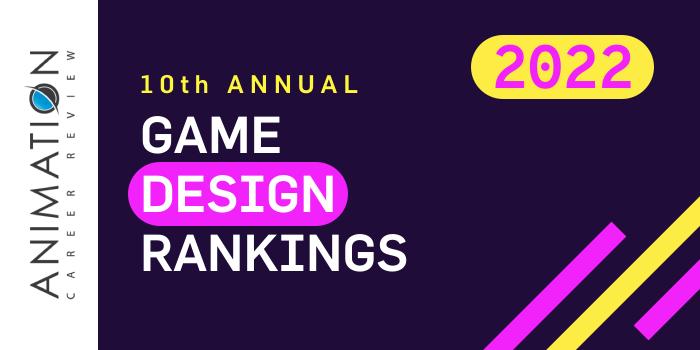DigiPen Institute of Technology (DigiPen) launched the world’s first bachelor’s degree in Video Game Technology and Development. The program has evolved and expanded to include BS degrees in Computer Science (CS) & Game Design, and Computer Science in Real-Time Interactive Simulation, and BA in Game Design. An MFA in Digital Art that prepares graduates for careers in animation and games is also available. The program, which allows students to customize a specialization, requires a final Thesis Project, which culminates with a professional portfolio.
Students in the DigiPen Game Design BA Program will explore interactive systems and game design, communications, user experience, and psychology. BS in Computer Science & Game Design students will study artificial intelligence (AI), system, level and technical design, user interface design, and programming languages.
BS in CS/Real-Time Interactive Simulation students will master software engineering, 2D and 3D simulation, engine technology, graphics rendering, graphical user interfaces (GUIs), artificial intelligence (AI), and programming languages.
For exceptional students, DigiPen offers an accelerated BS/MS Program that allows them to complete both programs in just five years. The BS in Computer Science in Real-Time Interactive Simulation degree program is accredited by the Computing Accreditation Commission of ABET.
Students in all programs will work in multidisciplinary teams in a studio environment to create software and a series of video games.
DigiPen Institute of Technology graduates enjoy a high placement rate. To date, more than 600 companies have hired DigiPen graduates. A few examples include Epic Games, DreamWorks Interactive, Google, Amazon, Walt Disney Imagineering, SpaceX, Warner Bros. Interactive Entertainment, Microsoft, Electronic Arts (EA), ArenaNet, Bungie, Activision, Insomniac Games, Zynga, Sony Interactive Entertainment, Booz Allen Hamilton, Intel Corporation, Ubisoft Shanghai, and Take-Two Interactive.
DigiPen Institute of Technology is accredited by the Accrediting Commission of Career Schools and Colleges (ACCSC). Established in 1988, DigiPen serves 1,200 students enrolled in 10 degree programs in Game Design and Development, Digital Art and Animation, Engineering, Computer Science, Audio and Music. DigiPen Institute of Technology has international campuses in Singapore and Spain, and educational partnerships with Princess Nourah bint Abdul Rahman University in Riyadh, Kingdom of Saudi Arabia, Keimyung University in South Korea, The One Academy in Kuala Lumpur, Malaysia, and Thammasat University in Thailand.







